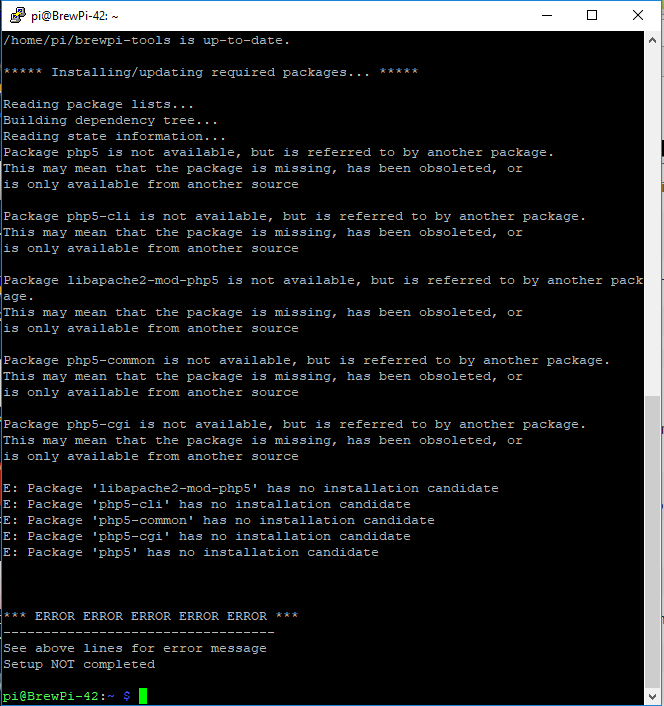

Python’s simple, easy to learn syntax emphasizes readability and therefore reduces the cost of program maintenance. Python is an interpreted, object-oriented, high-level programming language attractive for rapid application development, as well as for use as a scripting or glue language to connect existing components together.

Pip freeze -local Linux and Python Packages To get a list of all the Python packages installed you can use: Suppose you want to find out if a specific package is installed, say its “apache-perl”, you type the command:

You can use following command to find out all Linux package names available on your system: To completely erase from you Linux system, you can use the following: To search for packages, use the following:Īpt-cache search " text-to-search" | grep " more-search-text" Some times you don’t know package name but aware of some keywords to search the package. Search for Package or Package Description To do similar updates for Python, use the following: Then checks for outdated packages in the system and automatically upgrades them. First thing to do is to update apt-get’s local database with server’s pkglist’s files. I’m loading software via the Linux apt-get utility and you need to make sure its database is up to date. This could include things like WebIOPi but also includes packages for Python. And finally you have any of the applications and utilities that you might have gotten from other sources that are not part of the normal RPi Linux distribution. Then you have the RPi firmware that gets regular updates from the RPi development community. This software’s is primary made of the many stable Linux utilities with some less stable RPi extensions and the RPi kernel. First you have the RPi’s Linux operating system (OS) (in my case Occidentalis, which is built on top of Raspbian). Given that the Raspberry Pi (RPi) is a relatively new devices, you can expect the software for this platform to undergo frequent updates. Synaptic, Vim, Git, Chromium, Python, SSHFS, Wireshark, Microcom, Arduino, dos2unix

Synaptic, Vim, PyRoom, Git, Chromium, Apache, Python, IPython, matplotlib, basemap, numpy, Pandas, PyQt4, Conky, SendEmail, SSHFS, ALSA, Festival, Flite, dos2unix, x11-apps, x11-xserver-utils, xterm, fonts-inconsolata Not all the RPi’s will be configured the same and I’m using this page to document what Linux and Python packages I have loaded. I have two Raspberry Pi’s (RPi) and will likely have more as proceed deeper into the projects I have identified.


 0 kommentar(er)
0 kommentar(er)
